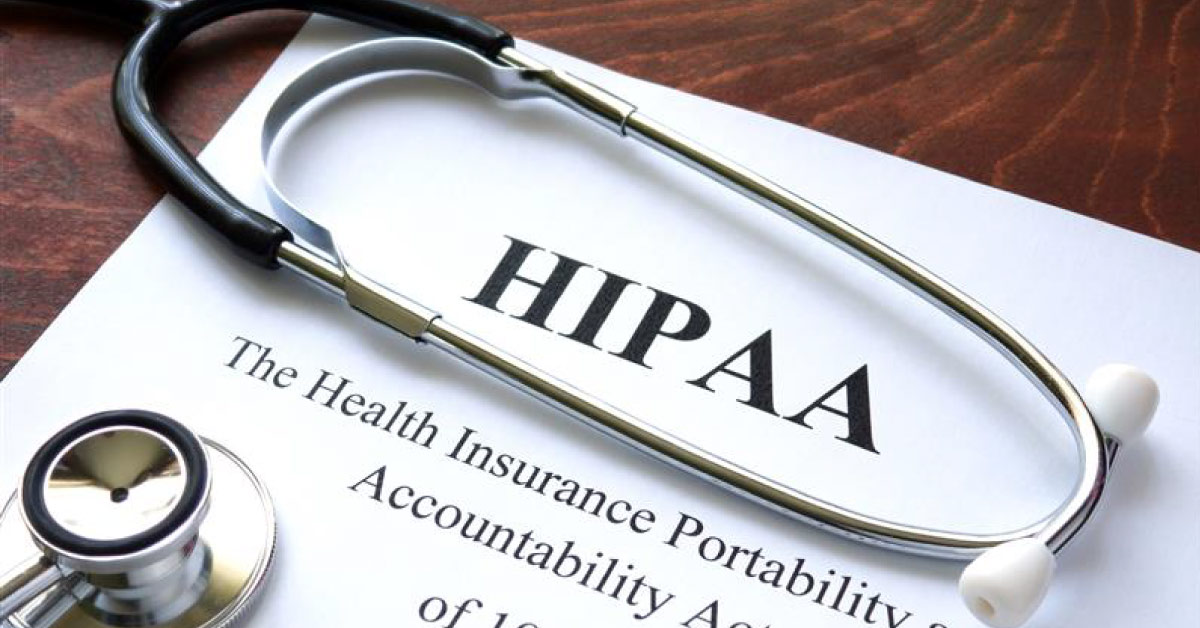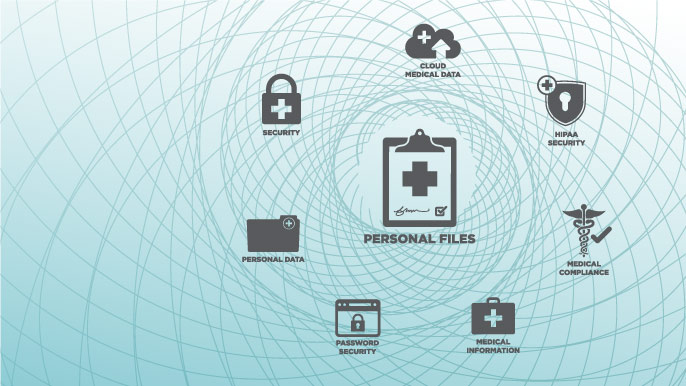Retrieving Medical Records for Litigation
July 29, 2025
Record Retrieval
How to Retrieve Medical Records for Litigation
This guide outlines a steadfast approach to medical record retrieval, helping legal professionals avoid delays, reduce risk, and stay in control of the process.
The Strategic Importance of Medical Records in Litigation
Medical records are more than just paperwork—they are core to case-building. They link incidents to injuries, confirm treatments, and document how a client’s condition changed over time. Strong record sets enable legal teams to argue from a position of clarity and confidence.Key roles these records play include:
- Establishing causation and linking it to incidents
- Supporting or disputing the severity and timeline of injury
- Documenting treatment costs, duration, and medical opinions
- Reinforcing or challenging witness statements
Current Challenges Facing Legal Teams
Despite their importance, medical records can be difficult to retrieve. Legal professionals report mounting difficulties in getting records on time and in the right format—especially when working across multiple providers and platforms.Some of the most common challenges include:
- Fragmented healthcare systems, where records are stored in different facilities with varying policies
- Inconsistent portal processes, each with its own access rules, timelines, and submission formats
- Tight deadlines, where even minor delays can result in missed discovery or trial milestones
The result? Attorneys risk working from partial information, scrambling before deadlines, or facing HIPAA-related pushback for incorrect submissions.
Step 1: Identify the Records You Need
Before submitting a request, clarify exactly which records your case requires. Overbroad submissions can lead to delays or denials. If it’s too narrow, you may miss critical documentation.Common Record Types and Supporting Tools
Depending on the matter type, legal teams may need:
- Personal Injury Cases: ER reports, hospital records, surgical notes, therapy logs, imaging scans, prescriptions, billing statements, and medical histories.
- Workers’ Compensation Cases: Employment records, billing analyses, and case summaries tied to the incident.
- Disability or Malpractice Cases: Physician evaluations, diagnostic tests, specialist reports, and pre-incident care documentation
Knowing exactly what records you need—and how to structure your request strategically—helps ensure compliance, avoid delays, and support your overall litigation strategy.
Relevance Matters
Request only what you need to support your case. Review timelines, identify any treatment gaps, and make sure you account for:
- Pre-existing conditions vs. new complaints
- Future medical costs
- Mental health impacts, where relevant
Legal Scope and Privacy Limits
Medical record requests must be precise. Under HIPAA, only the “minimum necessary” information should be disclosed for litigation. Broad or poorly defined requests are more likely to be denied, and can raise compliance concerns.Always align your requests with what is directly relevant to the case, and confirm they meet both legal and provider-specific requirements before submission.
Step 2: Obtain Proper Authorization or Legal Basis
Even with a strong case and clear record targets, you still need legal access. HIPAA and other privacy laws outline how, when, and to whom medical records can be disclosed.Getting HIPAA-Compliant AuthorizationStart with a signed HIPAA release. Any missing or incorrect fields can result in outright denial. Make sure the form includes:
|
 |
Using Subpoenas and Court Orders
If a patient won’t authorize access, you can still obtain records via:
- Court orders signed by judges or administrative tribunals
- Subpoenas (deposition, witness, or duces tecum) properly issued and served
Special Scenarios: Minors and Incapacitated Clients
Include documentation proving legal authority with your request. When a patient can’t provide authorization:
- A parent or legal guardian must sign for minors
- A court-appointed decision-maker or executor may be needed for incapacitated or deceased individuals
Step 3: Navigate Provider and Facility Requirements
Once you have legal access, the next step is understanding and meeting each provider’s specific process.Processing Timelines
Most providers aim to fulfill requests within 30 to 45 days, follow up consistently, and document all outreach. Real-world timelines vary:
- Hospitals often take 10–15 business days,
- Clinics and private practices may be faster but less consistent
- Expedited processing may be available for urgent cases
Required Documentation
Always confirm what each provider requires. Avoid editing signed forms, and if changes are needed, submit a new form. At a minimum, requestors should prepare:
- A valid, dated authorization form with matching patient info
- The requestor’s contact info and relation to the case
- A description of the records requested and their intended use
Why Requests Get Denied
Top reasons include:
- Incorrect or missing patient information
- Unclear record scope
- Expired or altered authorization forms
- Failure to meet provider-specific submission protocols (e.g., portals, fax, mail)
Step 4: Manage Timelines Strategically
Record delays can cost you. They affect case prep, expert review, settlement leverage, and client trust. Managing timelines is about more than tracking dates—it’s about building buffer time into your strategy.Know the Legal Deadlines
Plan record requests early, especially if expert testimony or third-party review is involved.Under HIPAA, providers typically have 30 days to respond to medical record requests. Some states have elongated impose shorter timelines or additional requirements, so it’s important to confirm any jurisdiction-specific rules early in the process.
When expert review or third-party analysis is required, initiate requests as soon as possible to stay on track.
Early Retrieval = Better Strategy
Make retrieval a standard part of intake or discovery prep, not a last-minute task. Getting records early lets your team:
- Develop timelines and causation arguments sooner
- Identify gaps, red flags, or contradictions
- Avoid costly rush reviews or continuances
Step 5: Ensure Chain of Custody and Compliance
Records are only useful if they’re admissible and secure. Mishandling medical records can lead to compliance issues, evidence challenges, or regulatory penalties.Admissibility Requirements
Check with your jurisdiction for any pre-admission notice requirements. To use medical records in court, ensure:
- They are relevant and authenticated
- Their collection method complies with court and privacy rules
- Chain of custody is clear and complete
Chain of Custody: Digital vs. Physical
Maintain logs of who accessed the records and when.
- Digital Records must be transmitted securely (encrypted email or secure portals)
- Physical Records should be logged, stored securely, and not altered
Stay HIPAA-Compliant
HIPAA violations can result in steep fines and reputational damage. To maintain HIPAA compliance for law firms:
- Limit access to only necessary individuals
- Use secure storage and transmission tools
- Avoid printing or emailing PHI unless encrypted
Why Partner with a Record Retrieval Service
Trusted medical records retrieval companies reduce admin strain, lower risk, and speed up access. They know the systems, forms, and timelines. Most importantly, they help your team stay focused on legal work, not chasing paperwork.Key Benefits
- Faster turnaround times with fewer rejections
- Better accuracy and organization
- Scalable support for growing caseloads
Jurisdictional Expertise Adds Value
Local laws matter. Services familiar with state, provincial, and provider-specific policies can prevent unnecessary delays and compliance mistakes.Make Records Work for You, Not Against You
Record retrieval shouldn't be an afterthought. When done early, efficiently, and correctly, it improves case strategy, helps secure better outcomes, and protects your clients.Whether you're handling complex litigation or a straightforward personal injury case, partnering with Lexitas for medical record retrieval ensures you get the records you need—organized, compliant, and on time.
Stay ahead of the deadline. Stay focused on what matters most.
Ready to streamline your medical record retrieval process?
Frequently Asked Questions About Medical Record Retrieval
How long do providers have to respond to medical record requests under HIPAA?
Under HIPAA, healthcare providers typically have up to 30 days to respond to a valid medical record request, though this does not mean you will get the record back in that time. Some states may offer elongated timelinesrequire shorter response times, so it’s important to verify local statutes when planning record retrieval timelines.What happens if a medical records request is denied?
Denials most often result from incomplete or incorrect forms, lack of proper authorization, or requests for information that cannot legally be disclosed, such as content that could harm the patient or includes third-party data. Legal teams should review the reason for denial, correct any errors, and resubmit the request promptly. In some cases, the denial may be based on legal or medical grounds related to patient privacy or safety.Can I request records without patient authorization?
Yes, but only under specific legal conditions. A valid court order or subpoena may allow access without patient consent. However, most providers will require a signed HIPAA-compliant authorization form unless compelled by a court.What is a medical chronology, and why is it useful?
A medical chronology is a structured timeline of a patient’s healthcare events related to a legal case. It helps legal teams understand the sequence of care, identify relevant details quickly, and prepare for expert review or litigation milestones.Why use a medical record retrieval service?
Professional record retrieval services reduce delays, improve accuracy, and free up internal resources. They understand provider-specific requirements, help ensure HIPAA compliance, and streamline access to the records needed to support litigation.Related Resources

Articles
Record Retrieval
HIPAA-Compliant Safeguards for Your Record Retrieval Partners
HIPAA-compliance is a complex detail that law firms cannot afford to overlook, especially when working with third parties who handle medical records.
Read More
Articles
Record Retrieval
When is the right time to outsource your records retrieval services?
Making the decision to outsource your records collection can be a challenging one. However, there are many benefits to doing so.
Read More
Articles
Record Retrieval
Transforming Legal Practices with Outsourcing, Technology, and Automation
The legal landscape is evolving faster than ever. To not only survive but thrive, law firms must rethink traditional approaches and tap into strategies that enhance efficiency, control costs, and scale with ease.
Read More